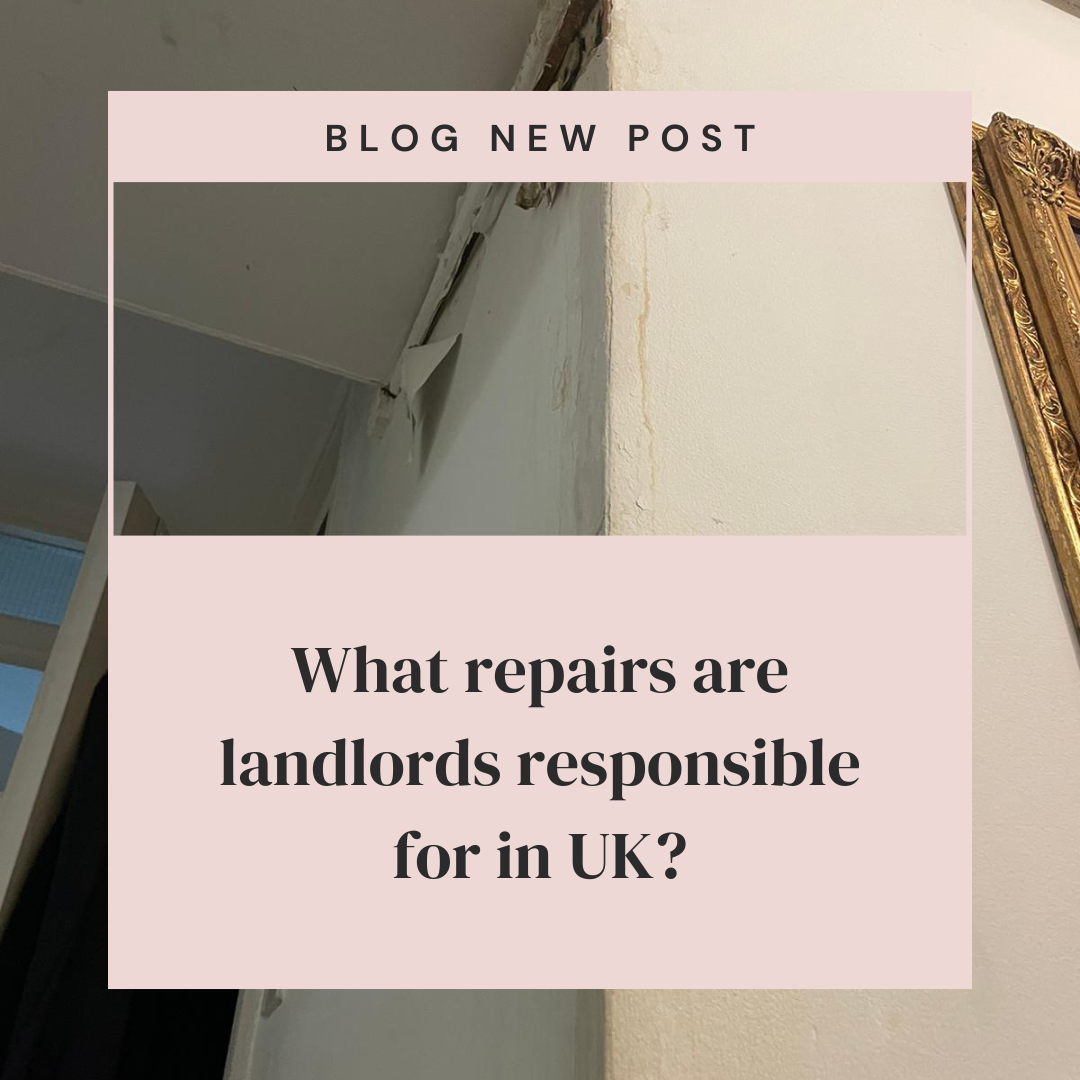What repairs are landlords responsible for in UK?
What repairs are landlords responsible for in UK? As a tenant in social housing in England and Wales, understanding your rights and the responsibilities of your landlord regarding property repairs is crucial. By knowing what repairs your landlord is obligated to undertake, you can ensure your living space remains safe, habitable, and well-maintained. Let’s delve into the key aspects of repairs that landlords are responsible for in the UK.
- Structural Repairs: Landlords are generally responsible for maintaining the structural integrity of the property. This includes the walls, roof, foundations, and external doors and windows. Any issues arising from structural defects or damages fall under the landlord’s duty to repair.
- Heating and Plumbing Systems: Landlords must ensure that heating and hot water systems are in good working order. This covers the boiler, radiators, pipes, and water tanks. Any faults affecting these essential amenities are the landlord’s responsibility to fix promptly.
- Gas and Electrical Appliances: Safety is paramount when it comes to gas and electrical appliances. Landlords are legally obligated to ensure that all gas appliances, such as boilers and gas cookers, are safely installed and maintained by Gas Safe registered engineers. Similarly, electrical installations and appliances must comply with safety regulations and be regularly checked by qualified electricians.
- Damp and Mould Issues: Landlords are accountable for addressing damp and mould problems caused by structural issues, such as leaks or inadequate ventilation. It’s crucial to report these issues promptly to your landlord or housing authority to ensure timely resolution.
- Exterior Maintenance: The responsibility for maintaining the exterior of the property typically lies with the landlord. This includes repairs to the roof, gutters, and external walls.
- Common Areas and Shared Facilities: In properties with shared areas or facilities, landlords are responsible for ensuring they are adequately maintained and safe for use by all tenants.
- Ensuring Compliance with Legal Requirements: Landlords must adhere to various legal obligations and safety standards, such as providing an Energy Performance Certificate (EPC), installing smoke and carbon monoxide detectors, and complying with housing health and safety regulations.
It’s essential for tenants to communicate effectively with their landlords or housing authorities regarding any repair issues. Reporting problems promptly can facilitate faster resolutions and ensure a safe and comfortable living environment.
Remember, while landlords have responsibilities for repairs, tenants are also responsible for taking care of the property and informing landlords of any issues that arise.
In conclusion, understanding the repair responsibilities of landlords in UK social housing is vital for tenants. By being aware of these obligations, tenants can ensure that their living conditions are safe, well-maintained, and in compliance with legal standards.
Important links
Housing Disrepair Advice: https://housingdisrepairadvice.org/contact
Housing Ombudsman: https://www.housing-ombudsman.org.uk/
